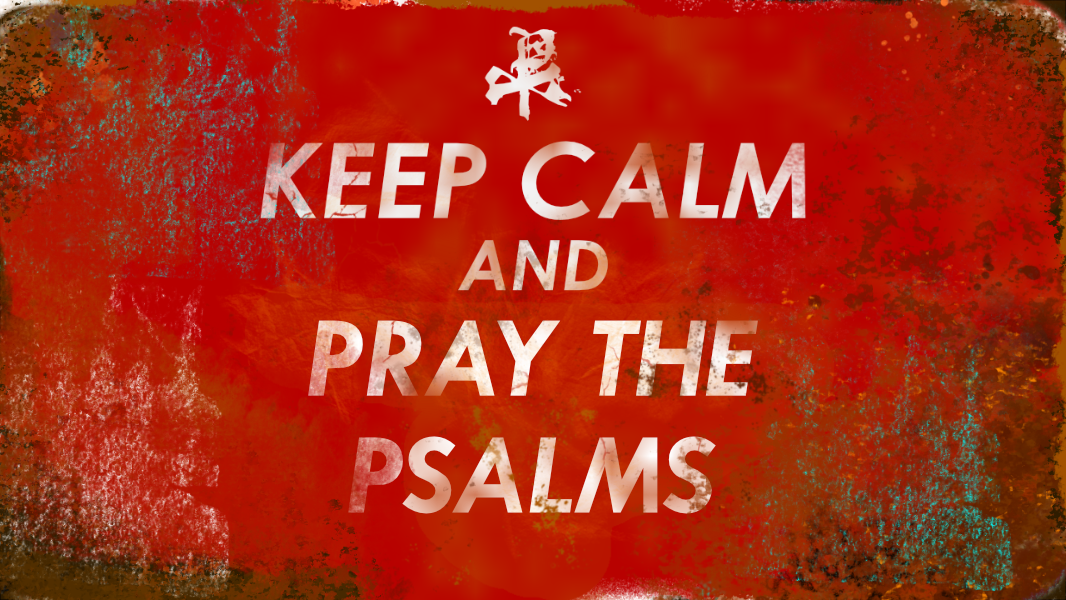The Neighborhood
Communism and the “community”
I. The Neighborhood as Biblical Economy
The neighborhood is covenantal. In Israel’s law, business was never detached from the neighbor. “You shall not steal… you shall not covet your neighbor’s house… you shall love your neighbor as yourself” (Exod. 20; Lev. 19:18). Economy in the biblical sense is always rooted in proximity: face-to-face accountability, the boundary of property, the recognition of inheritance lines, the gates where elders judge transactions.
To “do business” biblically is to engage in covenantal exchange, where promise, oath, and fairness are guaranteed by the fear of God. The neighbor is the concrete limit of responsibility. He is the one whose ox you must not steal, whose field you must not move, whose widow you must not oppress.
II. The Community as Babel Abstraction
The “community,” by contrast, is not a biblical category but a post-Babel invention. It is the mass, the faceless aggregation, the totality. Babel gathered “the whole earth” into one project (Gen. 11:1–4). In so doing, they erased boundaries. There was no neighbor, only the “we.” And because the “we” cannot govern itself face-to-face, it requires a tower—an abstraction of centralized authority, the representative of all.
Communism inherits this. It places the “community” above the neighborhood, the idea above the covenant. The neighbor ceases to matter in his own right; his worth is only measured by the mass. What appears as justice is in fact enforced equality—an imposed quid pro quo that denies real reciprocity.
III. The Quid Pro Quo that Devours Itself
The root deception is that “community” trade is presented as fair exchange. But because the community is an abstraction, it can never truly reciprocate. The Party, the State, the collective—these stand in the place of neighbor, but they cannot love you back. You cannot sue the community at the gate. You cannot confront its face, for it has none.
Thus the business of communism is always confiscatory: “from each according to his ability, to each according to his need.” It looks reciprocal, but it is only expropriation. What you give is demanded. What you receive is rationed. No Logos oath binds it. No covenant secures it.
IV. Theological Axiom: Logos Economy vs. Babel Economy
The Logos structures business in neighborhood: face-to-face, oath-bound, covenantal, limited.
Babel structures business in community: faceless, abstract, centralized, limitless.
The one preserves liberty and justice under God. The other enshrines coercion and confusion under man. The one is built on the Word, where yes is yes and no is no. The other is built on the Tower, where yes is propaganda and no is erased.
Therefore: Communism is not merely an economic system; it is an anti-neighborhood ontology of exchange, a denial of covenant, and a reversion to Babel’s confusion.
Then take it as a parable of two markets:
The Gate
There was once a town set upon a hill. Each family had its house, its field, and its gate. And every seventh day, the people gathered at the great gate of the town to trade.
A man would come with his olives, a woman with her cloth, another with his lambs. They laid their goods out, face to face. They bartered, they weighed, they measured. If a dispute arose, the elders judged. If an oath was sworn, the Name of the LORD sealed it. The poor were remembered, for gleanings and alms were left in love.
This was neighborhood. It was covenantal, bounded, holy. Each man knew the face of the one with whom he traded. Every yes meant yes, every no meant no. And the fear of God made business just.
The Tower
But far away, in a plain without boundaries, men built a market of another kind. “Come,” they said, “let us have one market for all people, one scale, one price, one purse.”
At first it seemed good. Goods flowed, bread was given, no man feared want. But soon the buyers and sellers no longer saw one another’s faces. A clerk, then an officer, then a Party stood between them. “The community has spoken,” they said. “Give what is required, and take what you are assigned.”
A man brought in his olives. He received a slip of paper. Another woman brought her cloth. She too received a slip. When they asked for their neighbors, the clerks said, “There are no neighbors here—only the community. You trade with the whole, not with the one.”
Soon, the gate was empty, for there was no gate. The elders no longer judged, for there were no disputes—only decrees. The Name of the LORD was no longer invoked, for oaths had no place where promises were not kept.
And the people said, “We are secure.” But they found themselves faceless, bound not by covenant, but by the tower.
The Market at the Gate is economy in Logos—oath, neighbor, covenant, face.
The Market of the Tower is economy in Babel—abstraction, coercion, facelessness, confusion.
Listen: You Get What You Pray For
The words on men’s lips betray the spirit that teaches them. Idolatry is in the vocabulary. When you hear “community,” do not be deceived into thinking it means true friendship and familial love, much less the communion of saints, the holy fellowship of the altar, the gathered body under the Word and Supper of Jesus Christ. He is the true communion—the covenant meal, the face-to-face gift, the “hood” of Christ’s body.
But “community,” in the tongue of Babylon, is not communion. It is a vague, faceless spirit, invoked to keep a false peace, to soften men into passivity. It is the matrilineal hush, the stylometric trick that erases the father’s word and enthrones the tower’s decree. It sounds pious, it feels gentle, but it teaches you not to mean what Christ means. It teaches you to trade covenant for abstraction, and supper for slogan.
Catch yourself when you parrot their terms. Ask who taught you to say “community” instead of “church,” “peace” instead of “truth,” “safety” instead of “freedom.” Hear how the tongue of Babel enters even the prayers of Christians, bending the Logos toward faceless equilibrium.
Therefore, take back your speech. Seize your vocabulary. Refuse to bow to the sorcery of borrowed words. Do not listen to those who invoke “the community” as if it were the voice of God. Press their equations until they dissolve, for they do not understand what they recite.
On your land, sow good seed. Speak the Name. Say “neighbor” when you mean the man beside you. Say “church” when you mean the people of God at the Table. Say “Communion/ity” when you mean the holy Church instituted in Christ’s body and blood. For this Seed is the only way worth knowing: He who plants Words that grow into truth reaps a harvest even where He has yet to sow.
The Way is Prepared. Ὁδὸς ἡτοίμασται. הַדֶּרֶךְ נָכוֹן 道已備





God's will be done. ALL glory be to God. God's peace be with you. Amen.
Well said. Thank you for this framework, it helped me visualize a lot of what is going on in my head.